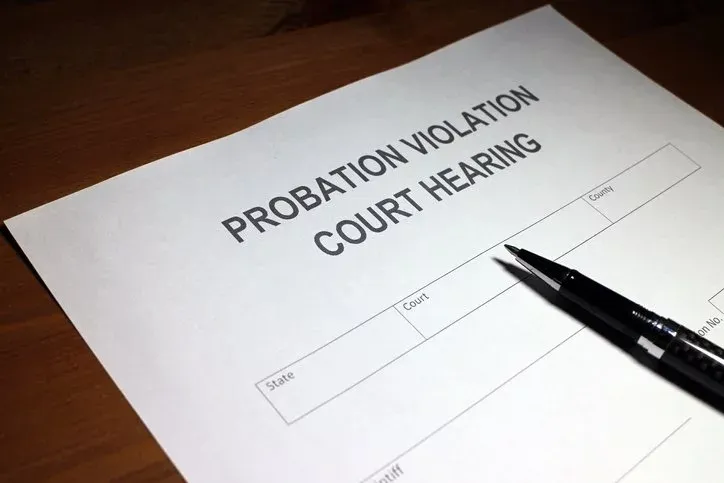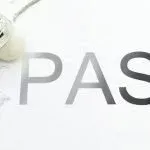
If you’ve been charged with a crime, there’s a good chance that you’ll be granted probation. Probation is the period of time when you’re released into the community, typically under some form of supervision. If you’ve recently been released on probation, it’s vital to understand all of the terms and conditions of your probationary period. That’s why we’ve composed a list of ten facts about probation and probation violation in Rhode Island. This list can help you understand the terms of your probation, determine if you have possibly violated your probation, and what you can do about it.
1. There is a difference between probation and parole.
This is a common misconception that many people aren’t aware of. Probation is offered as a sentencing option after an offender is adjudicated in a criminal court of law. Parole is a completely different type of legal status. Parole is for offenders who have served a portion of their prison sentence and are requesting to be released to serve the rest of their prison time in a supervised manner in the community.
2. “Split sentences” are quite common in the state of Rhode Island.
Split sentences happen when the offender is required to serve a prison sentence with a probationary period attached to the overall sentence. You may be required to serve both a prison sentence and probation.
3. There are generalized conditions used for probation.
These are rules and regulations that affect everyone on probation. It’s important to be aware of these generalized rules. You could face a probation violation in Rhode Island if you purposely or accidentally violate one of these generalized conditions. Some of these conditions include:
– regular check-ins with your probation officer
– not traveling or moving outside of the state of Rhode Island
– be a law-abiding citizen.
4. It’s important to understand all of the special conditions associated with your probation.
You may have been given specialized guidelines to follow throughout your probation. Judges will set special conditions for certain offenses. For instance, if you are facing a drug conviction, a judge will most likely require you to attend some form of a substance abuse treatment program as a condition with your probation. You can be charged with a probation violation in Rhode Island if you do not follow these specific terms.
5. You may be placed on a specialized probation caseload.
This focused probation period is for offenders who need a special type of supervision. They work with probation officers with smaller caseloads so they can have more care and attention. These may be sex offenders, domestic violence offenders, offenders with severe mental illness, or gang members.
6. You will have specific conditions set with your Probation Officer.
While there are specialized conditions and generalized conditions with probation officers, there will also be terms and conditions that are specific to you. Your probation terms will be set by a number of factors such what the crime was and if it was your first offense. This will determine how long your probation period is and how often you’ll check in with your probation officer. Failing to check in with your probation officer or breaking a commitment that is set in the terms of your probation will result in a probation violation in Rhode Island.
7. You can face a variety of consequences for a probation violation in Rhode Island.
Any time you break the rules of your probation, you’re at risk of a probation violation. The penalties for violating probation will be specific to you and your offense. You might have to serve a prison sentence, your probation may be extended, or you may have extra terms set to your existing probation. The judge will decide what consequences you will face for a probation violation. If the probation violation was considered minor, such as forgetting to show up to a meeting, you may receive a minor penalty in return. If the probation violation was considered severe, you may face further prison time.
8. You should speak with your Probation Officer immediately if you’re facing a problem.
Probation officers are there to guide you through your probationary period. If you’re facing a potential issue, it’s highly recommended to seek their assistance. They’re there to help.
9. Rhode Island law enforcement encourages families or a support system to be involved with probation terms.
Offenders are less likely to violate probation if they have a strong support system. It’s recommended to connect families and friends with your probation officer to increase your chances of successfully making it through your probation period.
10. You should speak with a probation violation lawyer if you’ve violated the terms of your probation.
It’s important to connect with one as soon as possible. A defense lawyer can help you if you have to appear before a judge after the violation has occurred. Contact Susan T. Perkins, an experienced Rhode Island probation violation lawyer today to learn more about your case.



